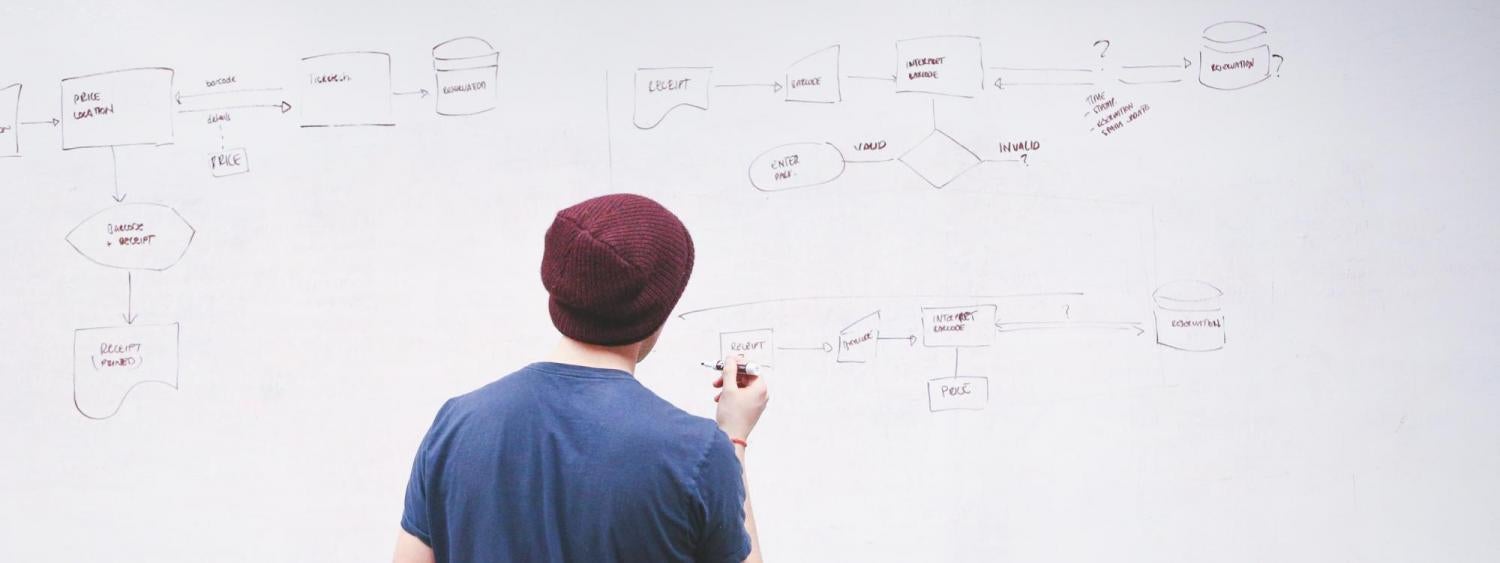8 things to consider when deciding your career path

People often underestimate the amount of time needed to do effective career planning. This is true whether you are just starting out with your career or in the process of changing your career direction. The development of career goals depends on input from each of the components of the wheel.
Work and Leisure Experience
Think back to jobs, volunteer experiences and other activities that you have done in the past.
- What did you enjoy?
- What did you dislike?
- What did you learn about yourself?
- What have you always been good at?
- If you knew you could not fail at it, what would you undertake right now?
Educational Background
Most careers these days will require some kind of post-secondary education or training that can range in duration from less than six months to over 10 years.
- Here are a few questions to consider:
- What is your current training?
- Will you need to do some upgrading before you can get into the career path or graduate program you want?
- Is the training or program available locally? Will you need to relocate or is it available through distance education?
- How will you pay for the education you want or need?
Significant Others
Whatever career decision you make now may affect the significant others (parents, partners, friends) that are currently in your life or will be in the future. What do these significant others know about you that you may not be fully aware of and could help you with your career planning? Sometimes we underestimate our key attributes that could help us in this decision-making.
Personality Type
No two people are exactly alike, but years of research has told us that people can more or less fit into different personality types. Scientists have also studied which personality types tend to enjoy and do well in certain work environments.
- Are you more introverted or extroverted?
- How do you take in information?
- How do you make decisions?
- How do you organize your life?
Values
People sometimes overlook values when they are career planning, but they are very important to take into consideration. Values are things that are important to you in life in general, and at the workplace. Values can change over time and it can be difficult to find a job that will match all your values.
Interests
Most people want to head off to work looking forward to the activities they will do each day.
- What do you like to do or dislike doing?
- When did you lose track of time when you were doing something you enjoyed?
- What experiences have you had when you felt really in the flow?
Skills
Uncovering one's skills and strengths is not always an easy task and many people underestimate the skills they have.
- What do you do well?
- Which subject areas or tasks seem to come easily to you?
- What activities have you been successful with in the past?
- What kind of projects are you eager to work on?
Ask two or three people who know you well where they see you shine.
Labor Market
If you are in the exploration phase of the career planning process, labor market information is a valuable resource. You can use it to find answers to many questions, including
- Which industries employ people in this occupation?
- Where will I be able to find a job?
- Will there be opportunities in the field I am considering after I complete required training or education?
- How much will I earn?

